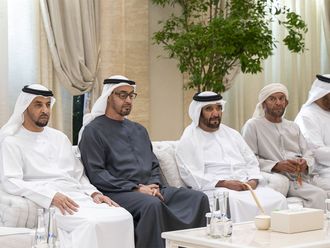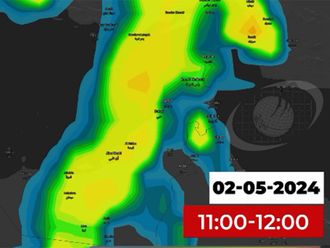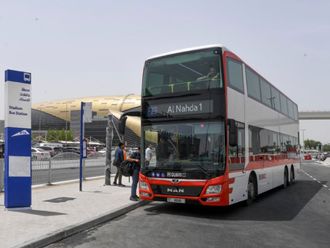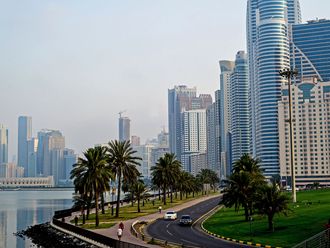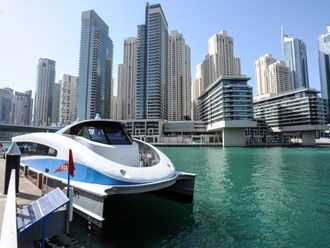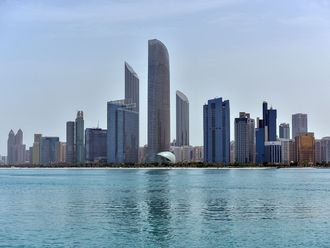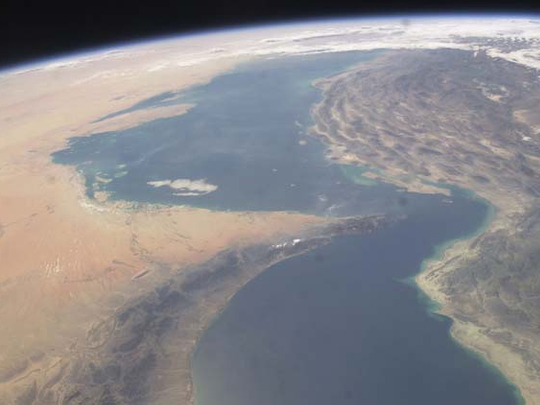
Abu Dhabi: Ensuring free and safe navigation in international waterways, especially in the Strait of Hormuz, is the responsibility of all major importers of oil, including Japan, not just of Gulf states, Foreign Minister Shaikh Abdullah Bin Zayed Al Nahyan said on Tuesday.
"No party, be it the Gulf Cooperation Council countries, Iran or the international community, will benefit from the blocking of international waterways," Shaikh Abdullah told a joint news conference with his Japanese counterpart Koichiro Gemba in the capital on Tuesday.
Gemba agreed that Iran should not threaten to block the Strait of Hormuz.
Citing what he termed positive language by Iranian officials recently, Shaikh Abdullah hoped that Iran will seek a diplomatic solution to the conflict.
Japan's foreign minister met UAE officials yesterday as part of a regional tour to discuss potential sanctions on Iranian oil exports and its effects on Japan. Shaikh Abdullah assured Gemba that priority will be given to Japan with regards to its oil imports from the UAE.
Gemba said Japan is extremely concerned about the recent developments concerning Hormuz, stressing that the issue should be solved by peaceful means and dialogue with Iran.
Saudi Arabia supplies 30 per cent of Japan's oil imports, with another 20 per cent coming from the UAE, 10 per cent from Qatar and 9 per cent from Iran.
An oil export pipeline from Habshan oil terminal in Abu Dhabi to Fujairah that will bypass the Strait of Hormuz will be ready by the middle of 2012, Energy Minister Mohammad Bin Dha'en Al Hameli said on Monday. The pipeline will ensure safe flow of the UAE's crude oil exports.




